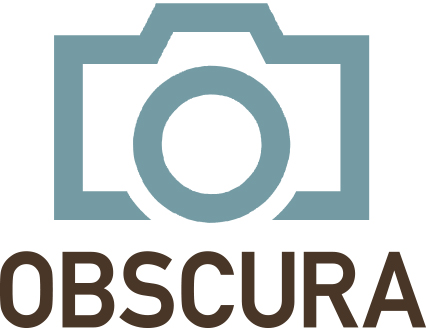In 2019, Measure What Matters!
Happy New Year. I hope that the holidays were all that you wished for and that 2019 is starting out strong for you personally and professionally.
Traditionally this is the time that we develop resolutions for the coming year. People are usually very excited about the prospects that fulfilling these resolutions may mean for them in their business and personal lives.
Unfortunately, we often find ourselves ambling down a path to disappointment because we failed to make progress on the goals and eventually give up.
Don’t get me wrong, a few folks do achieve their resolutions, but the fact is that 94% of people fail to do so.
Like I have seen in much of my client work over the years, the lack of a disciplined method of maintaining focus and getting helpful feedback along the way, often dooms any resolution regardless of the enthusiasm and good intent we have when we set it. So how do we overcome that?
Objectives and Key Results
Our team was recently introduced to a compelling model from the book Measure What Matters by John Doerr. The model is called the OKR system which stands for objectives and key results. It has been used since the 1980s by firms like Intel, Google, the Bill and Melinda Gates Foundation and many other organizations.
Common personal resolutions often center around losing weight or developing better dietary habits. It is not uncommon that people will abandon these objectives within the first 30 to 60 days because they are not prepared to make the behavioral changes that are necessary or just haven’t identified what they should be.
If my objective is to adopt a more heart healthy Mediterranean-style diet, that’s a good start. Now we must identify key results that will help us be successful. For instance:
Key Result 1: Research the definition and benefits of a Mediterranean style diet.
Key Result 2: Identify a broad range of what foods are included in a Mediterranean-style diet.
Key Result 3: Investigate where you might be able to source the kinds of foods you have identified. What stores have the best and freshest varieties of the foods you want?
That is plenty to get us started. Give yourself 30 days to work on these three key results and at the end of 30 days, grade yourself on the progress you have made towards each goal. It is not necessary that you have finished each one at 100% but that you are moving forward and can feel good about it.
Now think about the next set of Key Results:
Key Result 4: Buy a cookbook or get recipes about cooking in a Mediterranean-style.
Key Result 5: Plan your first meal and do the shopping.
Key Result 6: Pick a date for your first new meal and make it happen.
Repeat the grading of yourself on your progress to these key results. When you have finished each “grading session”, the results should not be a yes or no but a percentage of what you would say your progress has been. Decide if you need to keep working towards those key results or what others you can suggest for the next period.
OKR in Business
I recently spoke with someone who had worked for Google. She told me how deeply ingrained the OKR model was there and how everyone believed it was an excellent tool that was very productive in that organization.
Some organizations that have fully adopted this claim a 3.5X to 10X increase in organizational effectiveness.
State your objective clearly and brainstorm and prioritize the key results that will move you along your way to fulfilling your personal resolutions or execute your business game plan.
Ask yourself:
Do you have the discipline to explore the OKR model and consider using it for a personal resolution you have for 2019?
Are you willing to explore the use of the model for some key business challenges you have in your organization?
Again, Happy New Year and I wish you the very best for whatever you resolve to do in this coming year.




